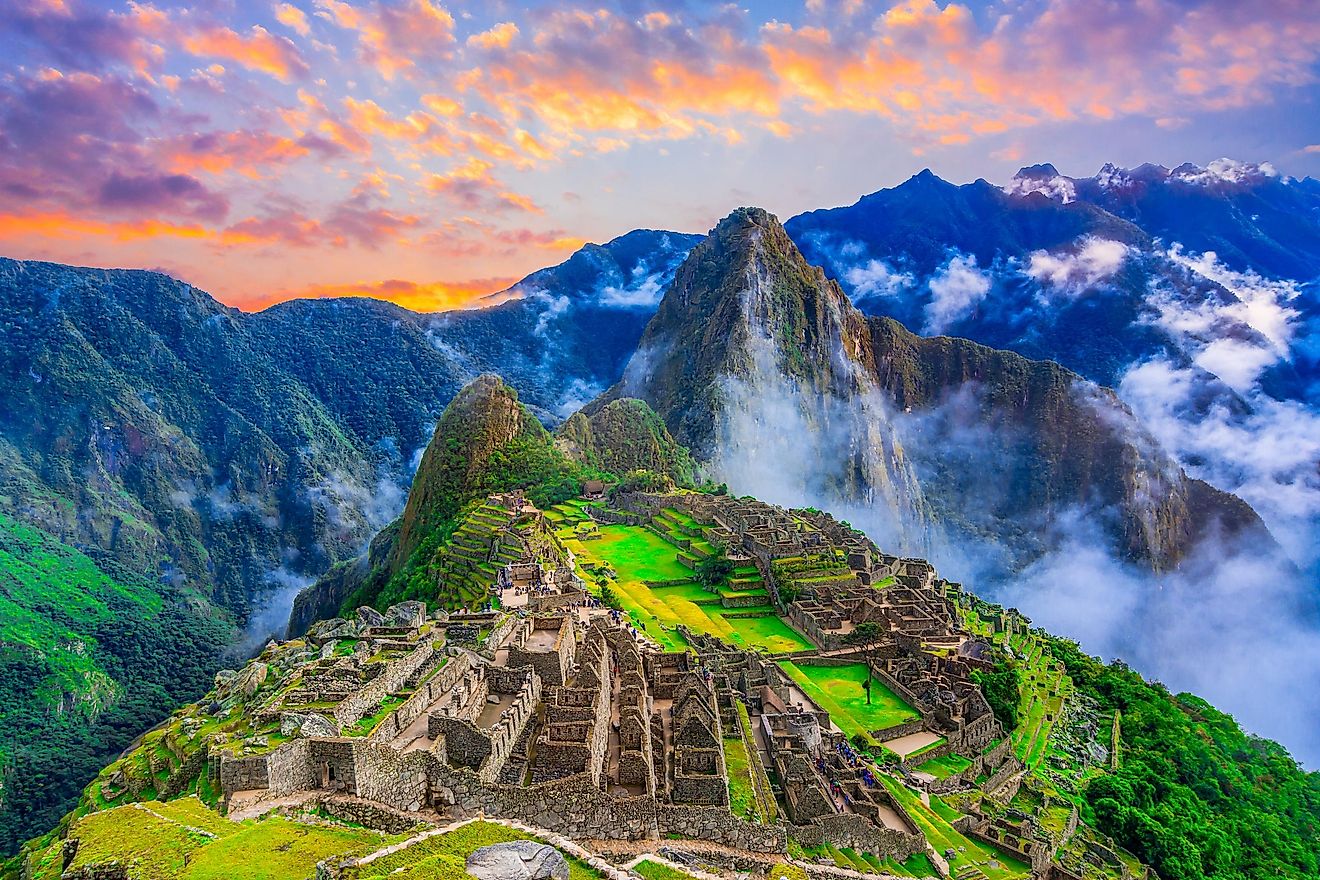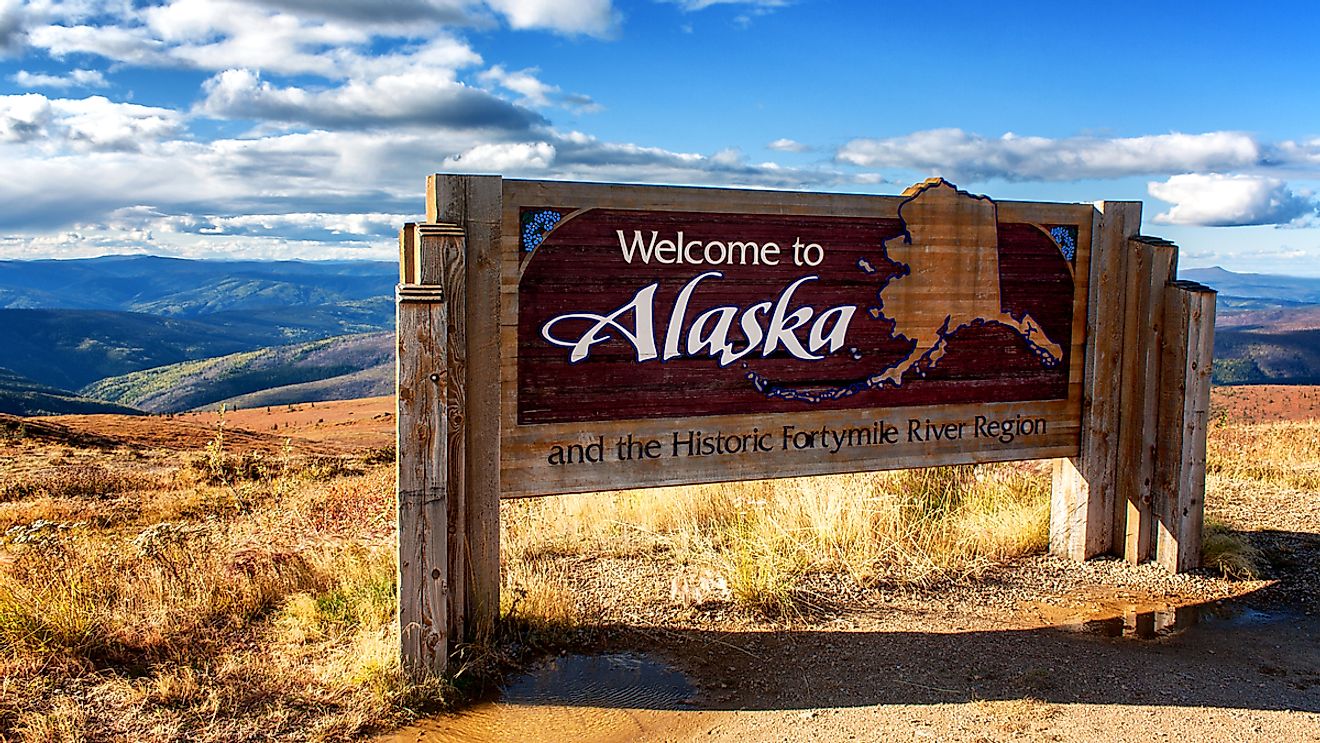How Are Black Holes Formed?

A black hole is a space object that has such powerful gravity that not even light can escape it. The reason a black hole pulls with enormous gravity force is that a lot of matter is squashed into a very small space. These kinds of events usually happen when a star is dying. The death of a star is typically a process in which the star first inflates, loses its mass, and then turn to so-called white dwarfs, once they cool off.
Born With a Bang
If a star is big enough, meaning 10-20 times bigger than the sun in our solar system, two scenarios are possible. One is that it turns into a super-dense neutron star, the other one is that it turns into a stellar-mass black hole. A black hole is created after an event called supernovae, which is basically the star exploding, leaving nothing but its stellar core in space. When that happens, the star’s core starts to collapse into itself, because there is no opposing gravity to prevent that. If that core turns into an infinitely small point, a black hole is created.
Black Hole Characteristics

One feature of all black holes is that they are invisible to the human eye. If no light can escape its gravity, then there are no reflections that would enable us to see them. The only way to spot a black hole in space is to use a specially designed telescope. But even then, the way you will find a black hole is by looking at the behavior of stars that are in close proximity to a black hole. When there is a black hole near a living star, an occurrence called high-energy light appears, which is then observable by scientists.
Four Type Classification of Black Holes
There are four different sizes a black hole can have: miniature, intermediate, stellar, and supermassive. So far, the miniature ones are still theoretical, and it is hypothesized that they existed shortly after the Big Bang and vanished quickly 13.7 billion years ago. The proofs for the existence of the intermediate-sized black holes are also still questionable.
Stellar black holes are all across the universe, and there are probably many of those in our galaxy. The mass of these black holes can be more than 20 times greater than the mass of our sun. Finally, the supermassive black holes, which were explained in the general theory of relativity by Einstein, are large objects that are probably somewhere in the center of each galaxy. The Milky Way, which is the name of our galaxy, has a supermassive black hole called Sagittarius A*, and it is 4,000,000 times bigger in mass than our sun.
Now you are probably worried, and wondering, what if our sun turns into a black hole, what will happen to Earth? Well, that will never happen because our sun is not big enough or does not have enough mass to turn into a black hole. At the moment, there are also no known black holes that are close enough to Earth that they could be a danger at any moment.











